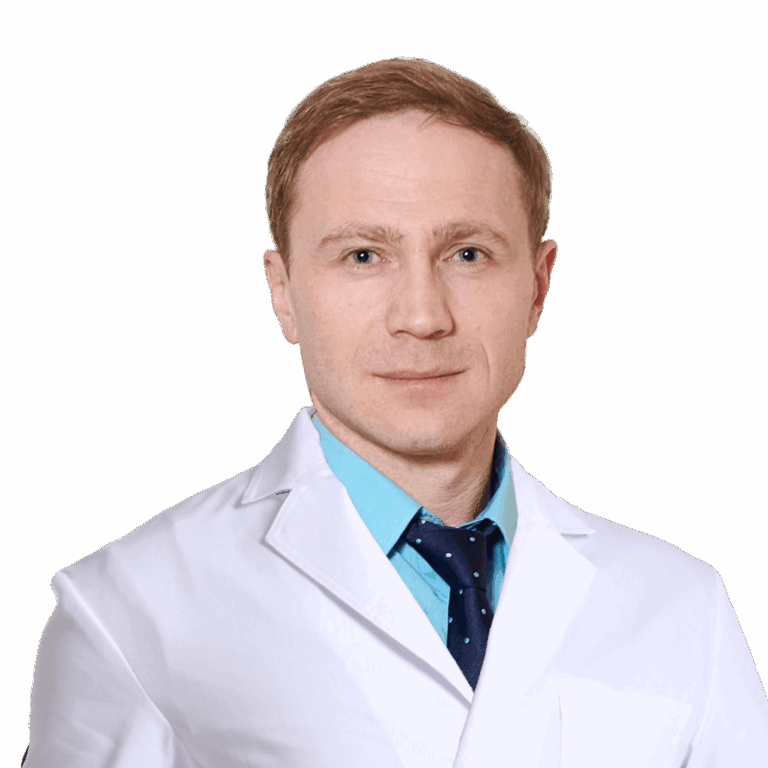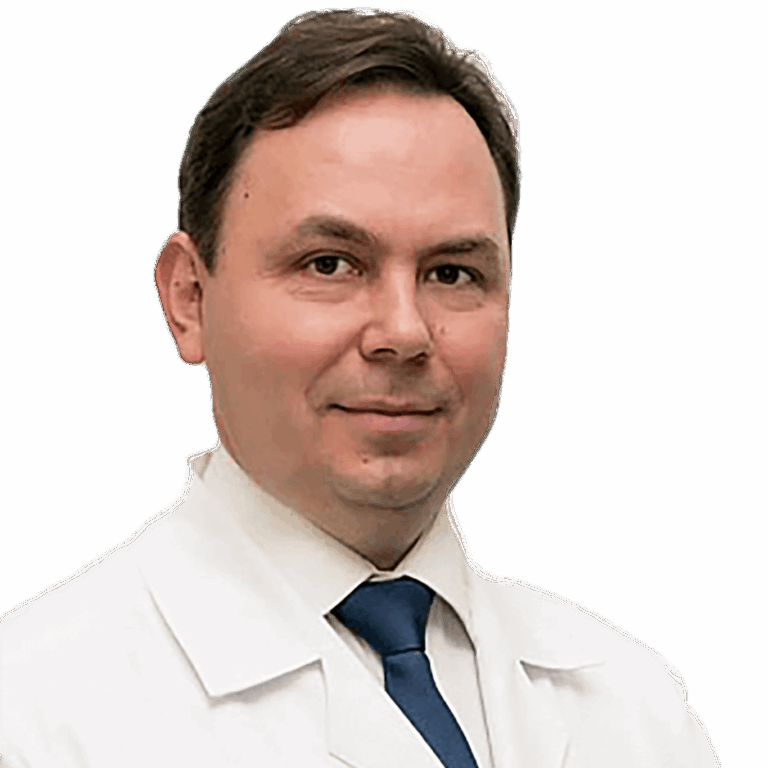
Maxillofacial surgeons
A maxillofacial surgeon is a doctor specializing in diseases of the face and neck. These include benign and malignant tumors, birth defects, and post-traumatic injuries. Surgery uses not only elective treatment, but also emergency operations, which are more often performed for people after severe injuries.
The maxillofacial surgeon helps patients get rid of pain, physical and aesthetic discomfort, restores lost functions, removes tumors and treats inflammatory diseases.
Due to the impossibility of direct access, the complexity of tasks, and the peculiarities of structures in the field of impact, maxillofacial surgery is engaged in delicate work. The head and neck have a large number of vital vessels, nerves, and motor muscles that are not covered with dense layers of skin, so the doctor’s work during treatment can be called “jewelry”.
It is important to understand that a maxillofacial surgeon is not a dentist or a plastic surgeon, his competence includes working with diseases such as:
- inflammation of the salivary glands;
- tumors of the head and neck;
- inflammatory diseases of the jaw (periodontitis, periostitis, osteomyelitis);
- lymphadenitis;
- formation of cysts in the neck;
- improper teething;
- jaw defects (acquired and congenital).
The maxillofacial surgeon actively cooperates with dentists, otolaryngologists, ophthalmologists, oncologists and other doctors to reduce the rehabilitation time after surgery or to control the dynamics of the disease.
An appointment with a doctor is made through the administrator of the center of the Federal State Budgetary Institution “NMIC Radiology” of the Ministry of Health of the Russian Federation in the direction of another specialist (for example, an oncologist) or for an initial appointment.
The consultation includes a conversation with a doctor, a visual examination, if necessary, the maxillofacial surgeon can make recommendations for additional laboratory or diagnostic tests. After consultation, the doctor gives a conclusion and directs the patient for treatment. Most often, treatment is carried out using a surgical method. Using modern equipment and special techniques, the maxillofacial surgeon performs operations while preserving all aesthetic aspects.
The maxillofacial surgeon guides the patient from the first appointment until full recovery and monitors the dynamics of treatment. Many oncological diseases develop for a long time and bring pain and discomfort to a person only in the later stages, so it is important to make an appointment with a specialist if any painful symptoms appear.




